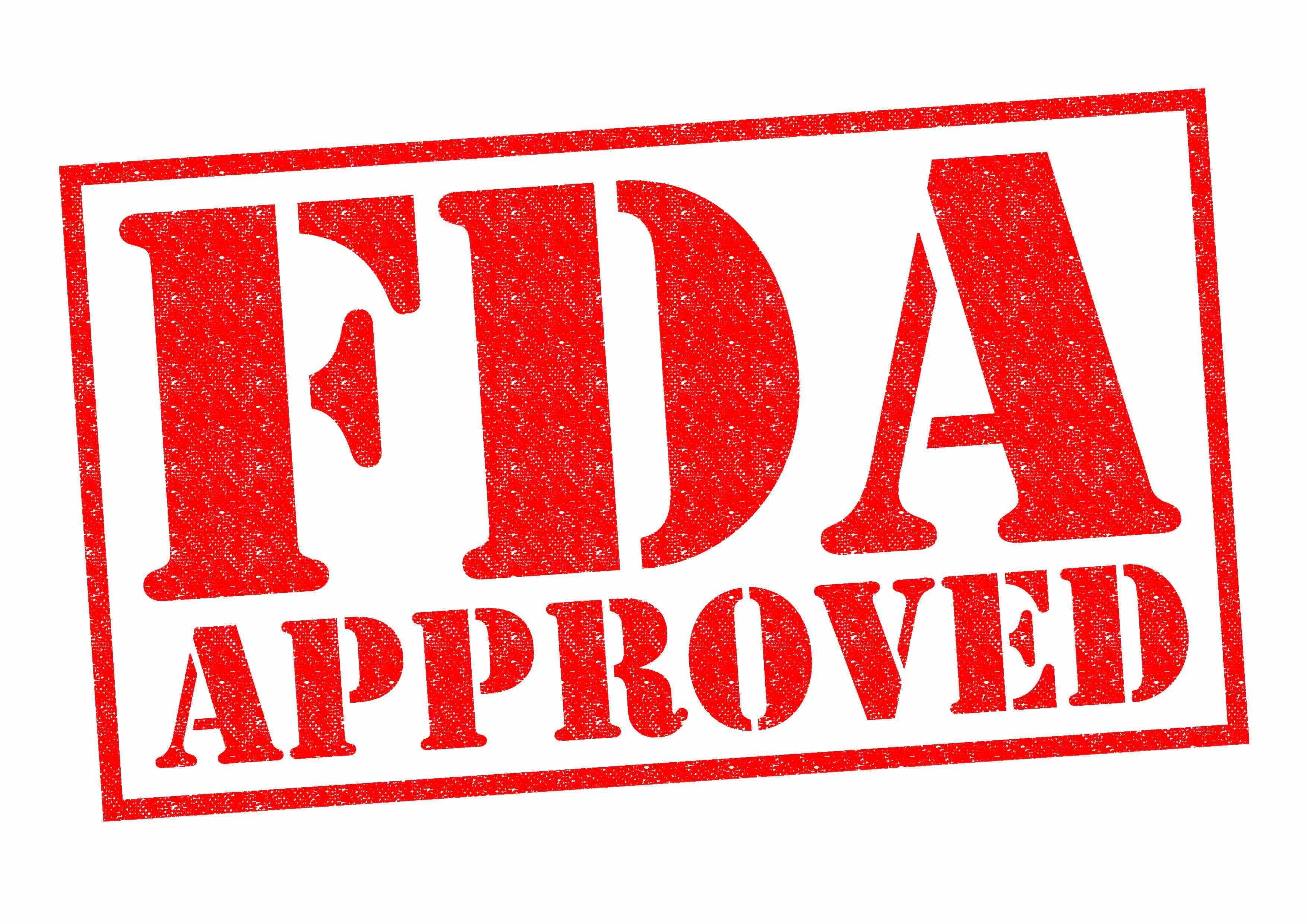- Center on Health Equity & Access
- Clinical
- Health Care Cost
- Health Care Delivery
- Insurance
- Policy
- Technology
- Value-Based Care
FDA Approves First Over-the-Counter Continuous Glucose Monitor
Starting summer 2024, individuals across the US will be able to purchase a continuous glucose monitor (CGM) without needing a prescription.
FDA Approved | Image credit: chrisdorney – stock.adobe.com

The FDA greenlit marketing for the Dexcom Stelo Glucose Biosensor System on Tuesday, making it the first over-the-counter (OTC) continuous glucose monitor (CGM) available for purchase, according to an FDA news release.1 The device will be available summer 2024.
The integrated CGM (iCGM) is designed for individuals 18 years and older who do not require insulin therapy, including those managing diabetes with oral medications or individuals without diabetes seeking insights into their blood sugar levels. It’s important to note the Dexcom Stelo Glucose Biosensor System is not designed for individuals with problematic hypoglycemia (low blood sugar), as it cannot alert users to this potentially dangerous condition.
“CGMs can be a powerful tool to help monitor blood glucose. Today’s clearance expands access to these devices by allowing individuals to purchase a CGM without the involvement of a health care provider,” said Jeff Shuren, MD, JD, director of the FDA’s Center for Devices and Radiological Health, in the news release. “Giving more individuals valuable information about their health, regardless of their access to a doctor or health insurance, is an important step forward in advancing health equity for US patients.”
The Stelo Glucose Biosensor System uses a wearable sensor linked to a smartphone app, and continuously monitors, records, and analyzes glucose levels for users with or without T2D who are not on insulin therapy and who do not have problematic hypoglycemia. With each sensor lasting up to 15 days, users can track glucose trends every 15 minutes via the app. However, users are reminded not to make medical decisions solely based on the device's readings without consulting their health care provider. Clinical data submitted to the FDA demonstrated the device's performance comparability with other integrated CGM systems. Adverse events reported during the study included local infections, skin irritations, and mild discomfort.
There are more than 25 million patients living with T2D in the US that do not use insulin, according to a Dexcom news release.2 While Dexcom’s existing G7 CGM system is available to this population, patients have to get a prescription for it, making it not easily accessible to all patients with T2D. In September 2016, the FDA granted approval for the Freestyle Libre Pro Glucose Monitoring System, a CGM system intended for blinded professional use in clinics, and approved it for personal use by patients the following year.
According to the FDA release, this milestone aligns with the Center for Devices and Radiological Health’s commitment to advancing health equity by facilitating innovative health care solutions accessible to all, particularly those that empower individuals to manage their health from the comfort of their homes.
“Use of CGM can help empower people with diabetes to understand the impact of different foods and activity on their glucose values,” said Tamara Oser, MD, associate professor of family medicine at University of Colorado Anschutz Medical Campus. “For people newly diagnosed with type 2 diabetes or not taking insulin, these devices are often not covered by insurance and Stelo presents an opportunity to provide valuable information that can impact their diabetes management.”2
References
- FDA clears first over-the-counter continuous glucose monitor. News release. FDA. March 5, 2024. Accessed March 6, 2024. https://www.fda.gov/news-events/press-announcements/fda-clears-first-over-counter-continuous-glucose-monitor
- Stelo by Dexcom first glucose biosensor to be cleared by FDA as over-the-counter. Business Wire. March 5, 2024. Accessed March 6, 2024. https://www.businesswire.com/news/home/20240305044213/en/Stelo-by-Dexcom-First-Glucose-Biosensor-to-be-Cleared-by-FDA-as-Over-the-Counter
